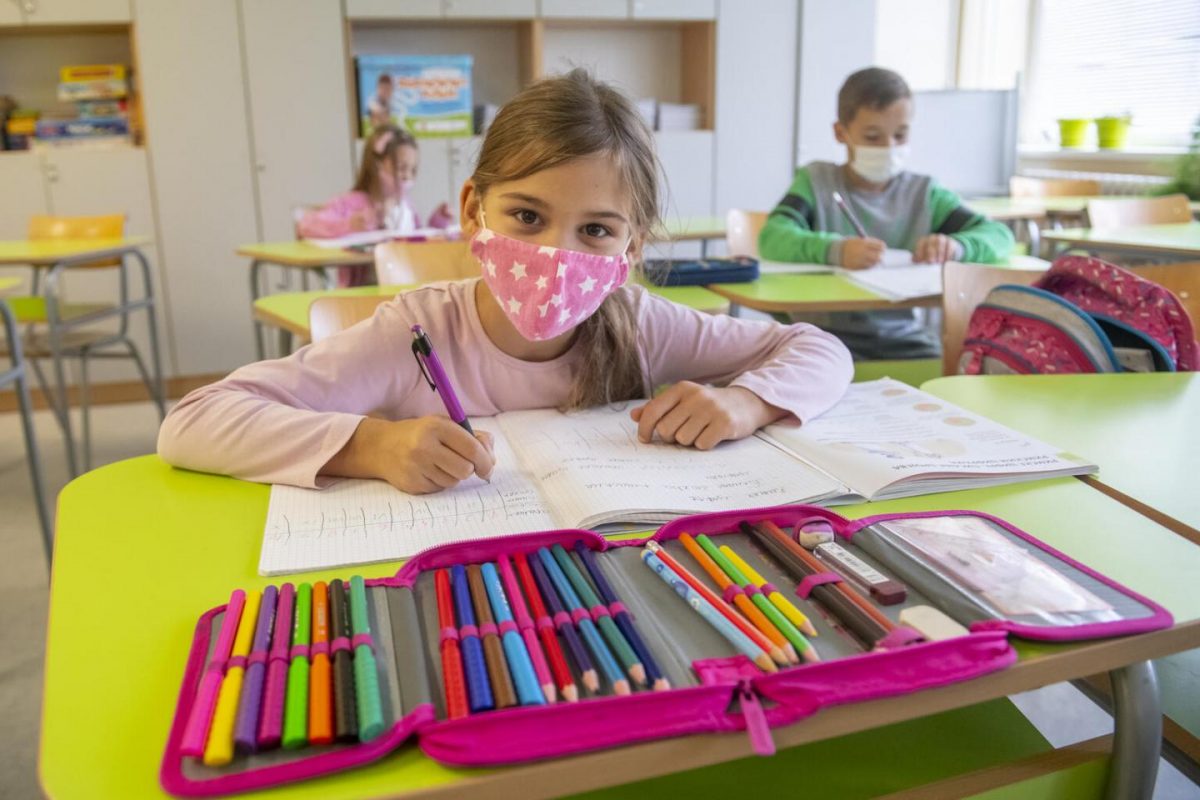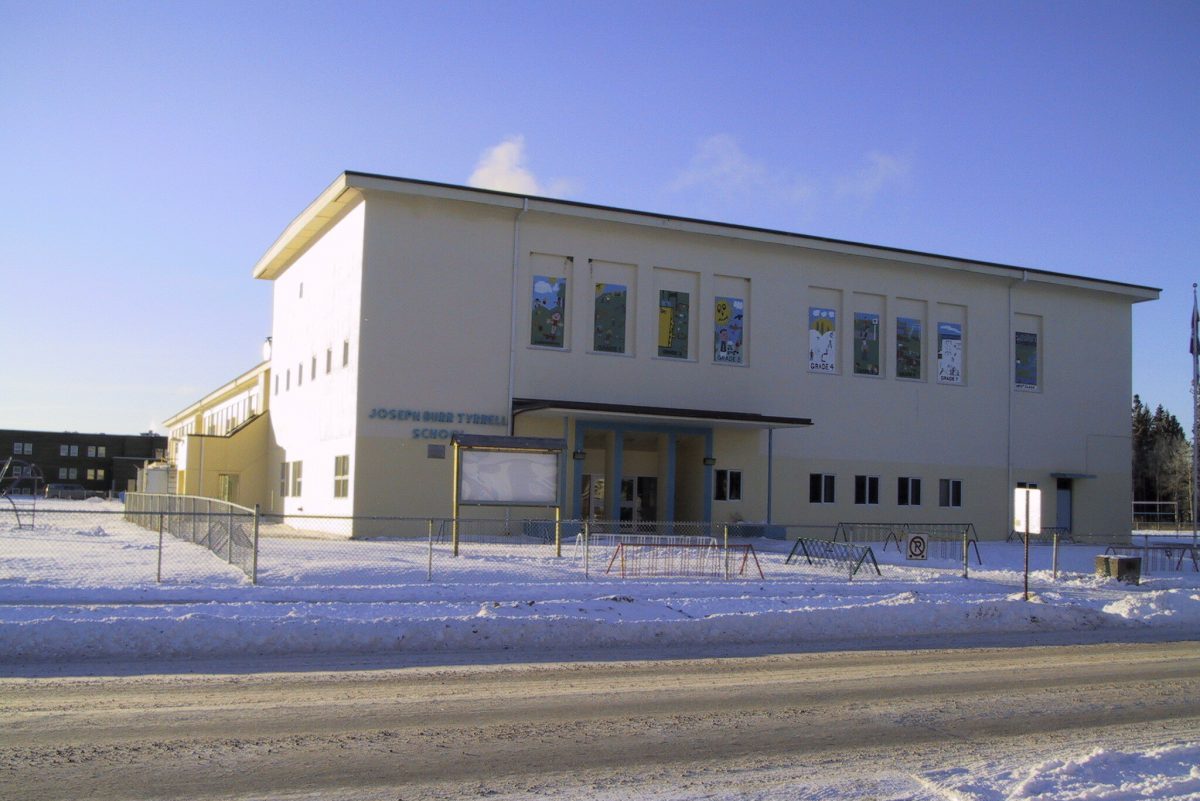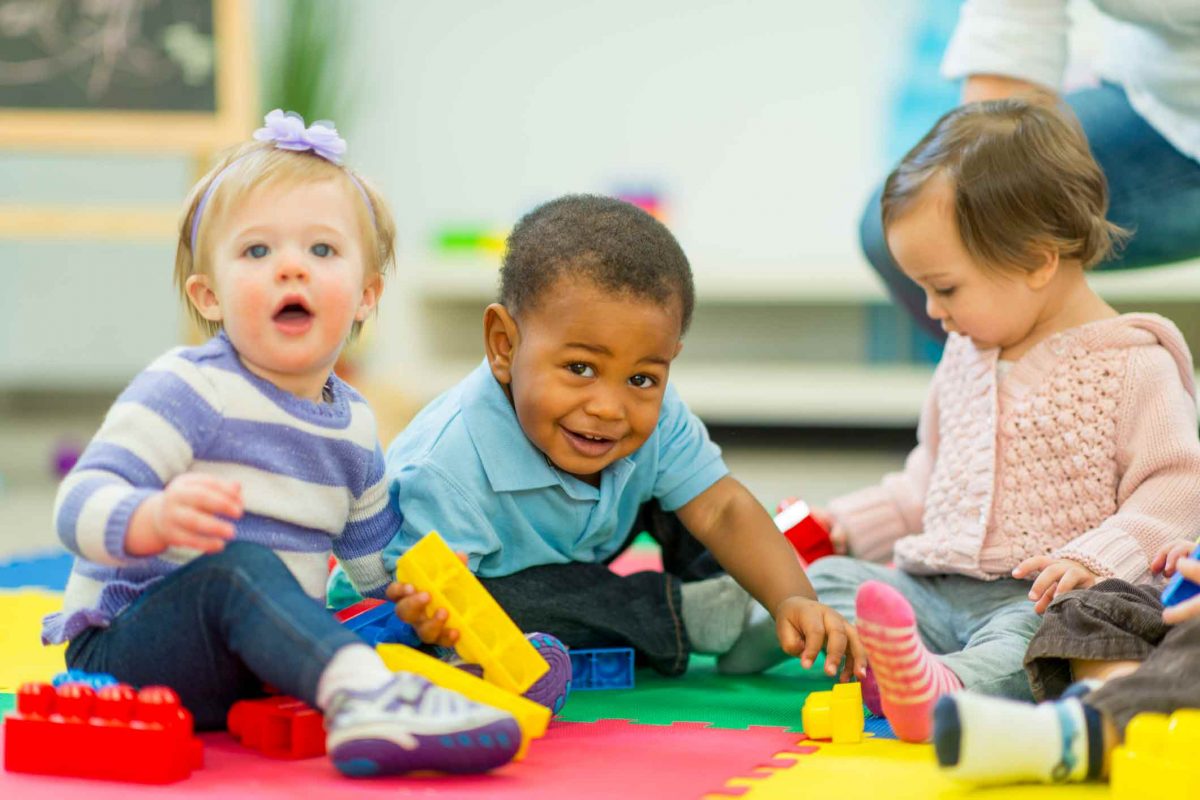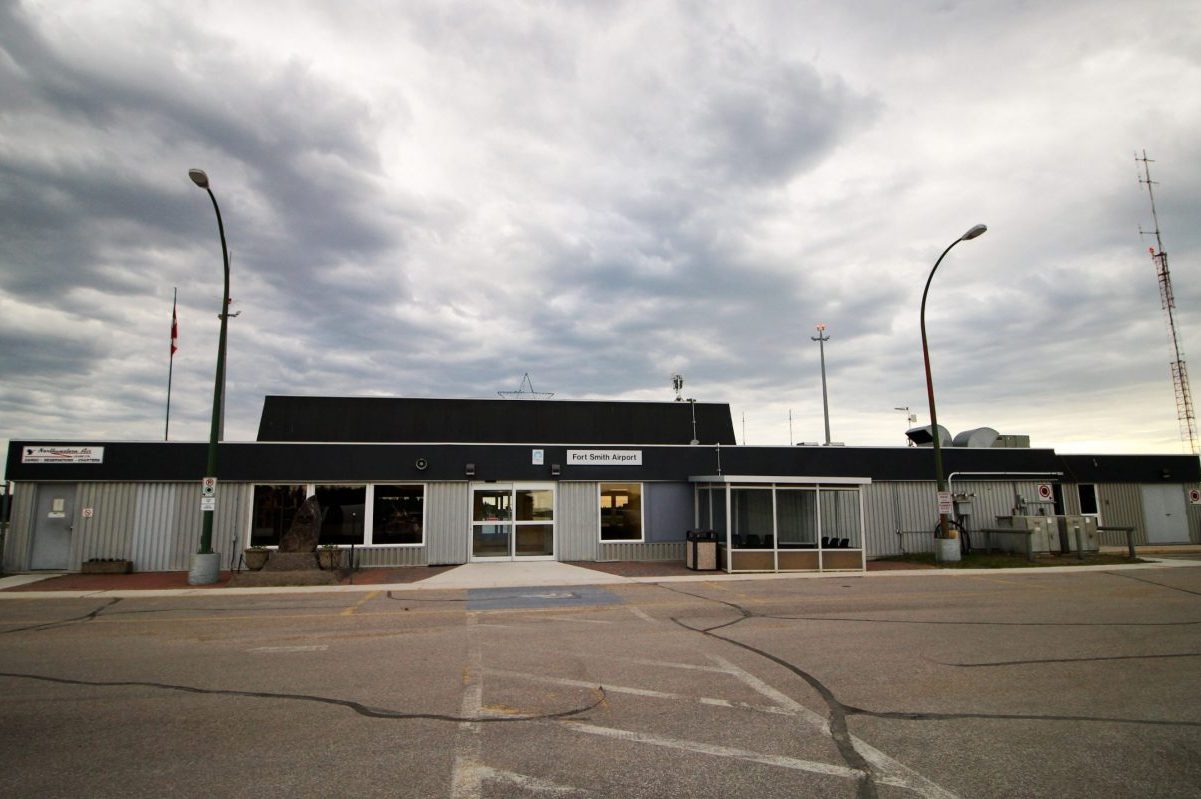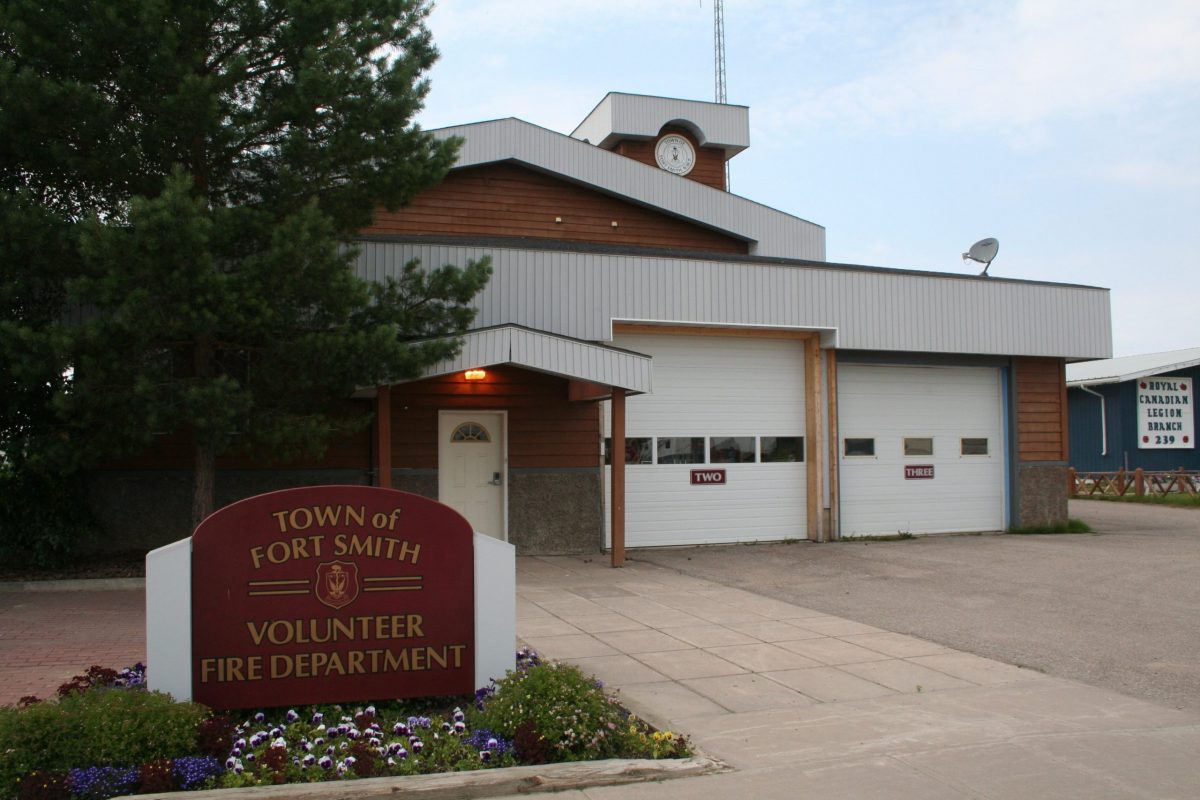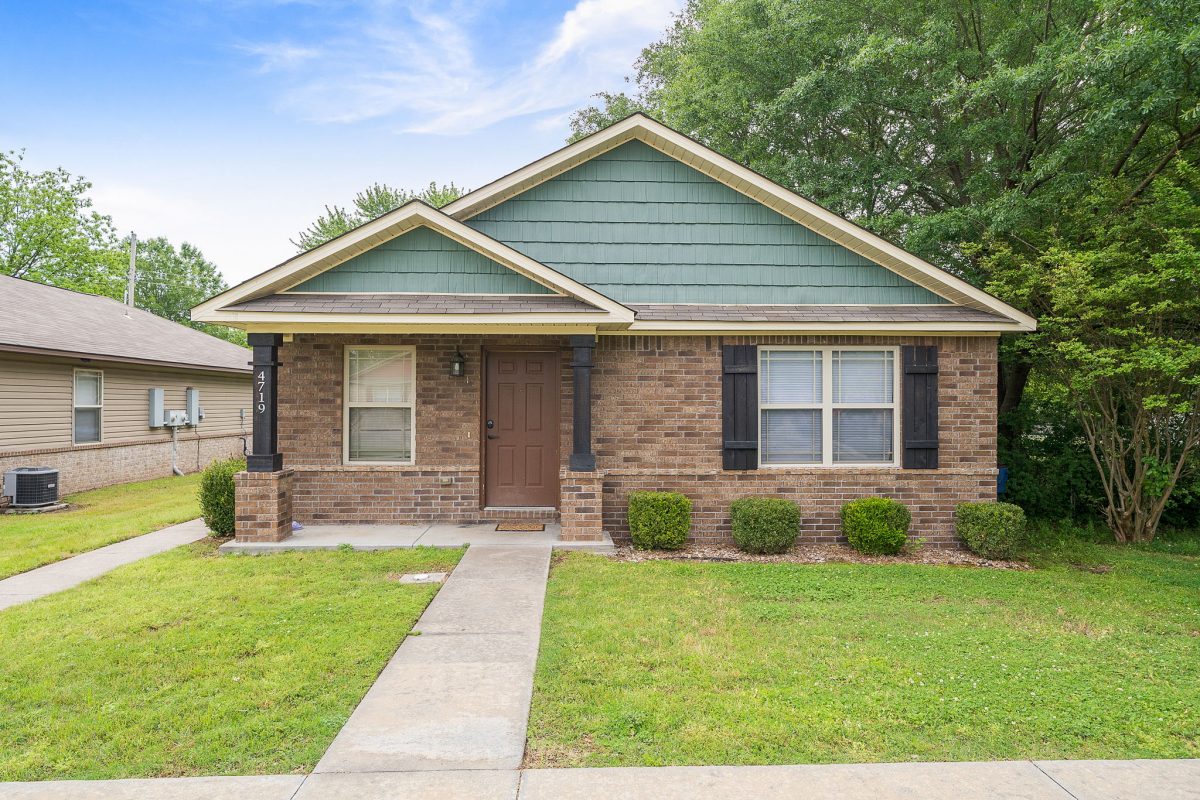Students in Fort Smith can complete their education from kindergarten to post-secondary within the city. Education is one of the most advanced aspects of Fort city. You know that the education sector of a place is good when students from other areas are coming to seek schools here.
Culture camps, cultural language programs, literacy activities, French programs, parent councils, and student achievement awards create a vibrant educational atmosphere. Students from all over attend Aurora College in Fort Smith. The college is regarded as an education center in the North.
The South Slave Divisional Education Council and the Forth Smith District Education Authority are in charge of the elementary and secondary schools, respectively.
Joseph Burr Tyrrell Elementary School, named after Joseph Tyrrell, is an elementary school in Fort Smith. The Fort Smith District Education Authority is in charge of the school. At the same time, the South Slave Divisional Education Council runs it. It serves elementary education to kids from Fort Smith and the surrounding Salt River First Nation and Smith’s Landing First Nation.
Paul William Kaeser High School is one of the best high schools in Fort Smith. The Fort Smith District Education Authority is in charge of the school. The South Slave Divisional Education Council runs it. Students from Fort Smith and the surrounding Salt River First Nation and Smith’s Landing First Nation attend secondary school here.
Thebacha Campus in Fort Smith is where Aurora College’s forerunners were founded. The community has welcomed thousands of students who have studied here since 1968. The following are located on the Thebacha Campus:
- Apprenticeship and Industrial Training
- The School of Trades
- The Center for Mine and Industry Training
The campus provides a unique Environment and Natural Resources Technology Diploma and a range of other programs.
Terry Harold School of Aviation
Northwestern Airlease of Fort Smith and SaLT College are collaborating to provide training for Northerners interested in becoming commercial pilots. This two-year curriculum (5 terms, 15 weeks in duration) combines classroom theory with flying training to prepare graduates to get their:
- commercial pilot’s license
- Multi-Engine IFR rating
- Group I Instrument Rating u
Skill and knowledge linked to the general aviation industry are beneficial to the aviation aspects of the program. Elective courses in First Aid, Survival, Floats, Skis, Off-Strip Landing, and Bush Flying will be available.

